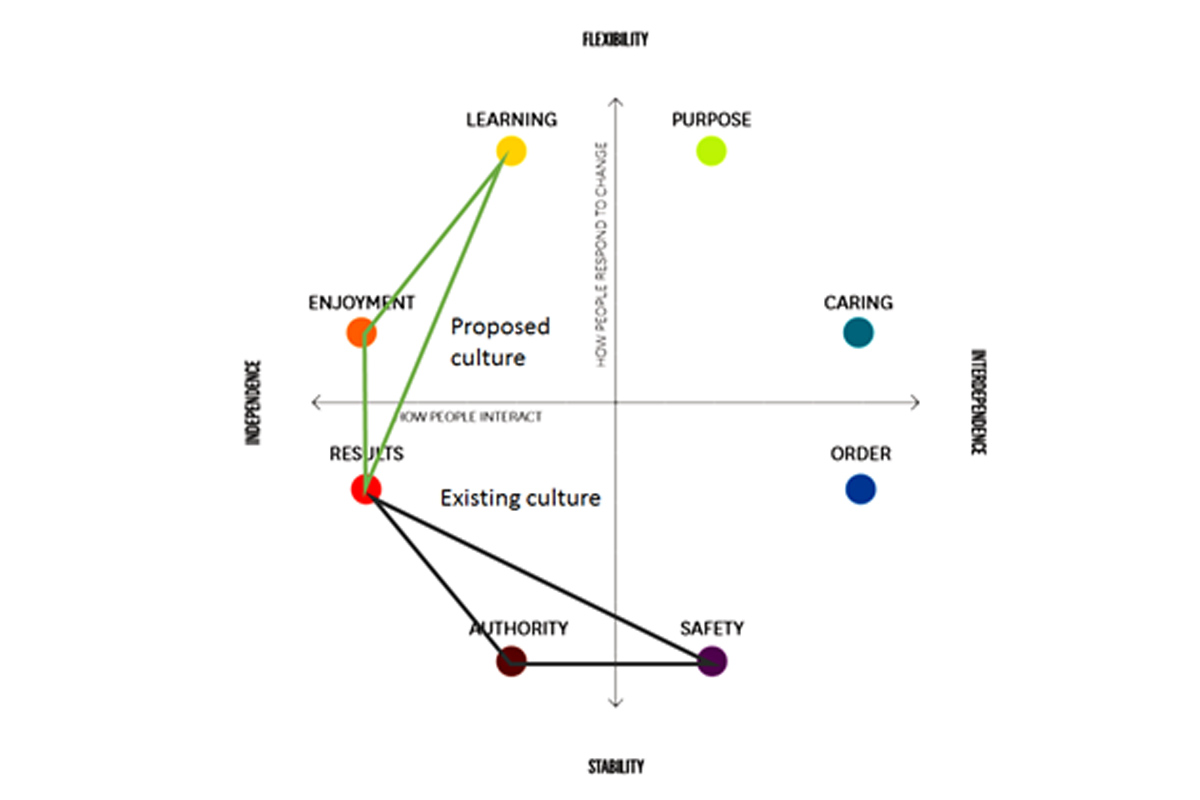If there’s one word that embodies the spirit of team leadership, it’s empathy.
Empathy is probably the most sought-after workplace skill these days – be it for the customer, employee, teammate or even boss! But how commonplace is it?
Empathy is often little valued, yet critical for bettering workplace culture and performance – but is it teachable?
Frequently we hear our members talking about their skills issues. Staff are leaving or being poached. It’s creating an environment where organisations are loathed to invest in training someone… to have them leave, and they’re also finding it difficult to hire the right talent.
We recently visited a number of our members with HR experts to see how widespread these problems are within our membership.
The good news is we aren’t alone – they’re common problems prevalent across many industries. In fact, social media is rife with messages about workplace environments becoming increasingly toxic.
However, the not so good news is that we have a few more such issues than others.
Where does the problem lie?
Maybe it’s within ourselves. An honest introspective would quickly reveal if your organisational culture is driving staff away.
We’re quick to tag the ‘job-hopper’ label on millennial’s, but if given true purpose in their roles, they probably wouldn’t live up to the name.
When staff do leave, how often do you ask yourself, why? Did you do everything right to make sure they didn’t want to leave? Did you appreciate them enough? Was training really for them or you? Did you make them feel part of the family?
People talk about having tough conversations. But in my opinion, the toughest conversation to have is about developing empathy for others. In fact, it’s glaringly missing from many of our conversations these days. With empathy, almost every difficult conversation becomes easier.
Sweat the soft stuff
Empathy can be developed and nurtured. It’s within us naturally, we just need to bring it out in our work environment too.
- Start by listening to each other. And I mean really listen! Demonstrating you value feedback by implementing their suggestions means they’ll be more comfortable to be vulnerable next time around,
- Ask questions with a genuine interest,
- Embrace diversity in thought and opinion,
- Be open to positive and negative feedback,
- Have a flexible approach to gather ideas and feedback from your teammates. And lastly,
- Keep practicing empathy regularly. It means when staff do leave, they’re more likely to give you honest feedback in their exit interviews. That’s gold dust to work on in the future!
What about the hard stuff?
Performance and profit is absolutely important, but you won’t get them if you’re mismanaging your team.
To get a good bottom line, you have to give more time to the ‘soft stuff’ because shifting to an empathetic culture only increases performance and output from your team.
It’s about balancing the hard metrics with caring about the people. This is everyones responsibility to show empathy from the top dogs, down to those on the workshop floor. Team leaders can learn a thing or two about empathy from their team!
Communicate!
At all times keep your communication lines open – and with everyone. Only speaking to certain people breeds a culture of distrust. Often this is done unintentionally, but this needs to be addressed if you want optimal team dynamics. Failure to do so leads to a dysfunctional team.
Start by assessing your culture and where it is at. What qualities do you want your company culture to exhibit and where do you want to be?
A convenient tool to use is a culture map which positions your culture on the scales of independence versus interdependence, and flexibility versus stability. You can map where your culture sits currently, where you’d like it to be, and what values you want your culture to represent.
Too many cultures silently breathe in the toxic air of chronic stress and bullying. It’s time for fresh air from healthy workplaces that have an environment of openness, genuineness and humanness.
It only requires courage from leaders first to make themselves vulnerable to their teams and exemplify what an empathetic culture looks like. The seed of innovation needs the soil of empathy, vulnerability and collaboration to grow.
Empathy creates connection.
Connection is what everyone longs for, and empathy is the thread that makes your team connect and perform at a super level.
Any environment where this ingredient is missing will continue to bleed talent – with their star players the first to go.
Let’s start showing empathy for our teams, and for our industry.
Share your stories of empathy with us, and join our HR innovation cluster, by contacting me at boaz.habib@hera.org.nz.
I’d also highly recommend listening to our Stirring the pot podcast on ‘How to attract and retain top staff’, which is a fantastic conversation with The Human Resources Project Executive Director, Rowan Larsen.
Here he explores what practical steps our members can take to address their skills gap challenge – and why it’s so important to create a clear culture, company purpose and strategy for staff.

